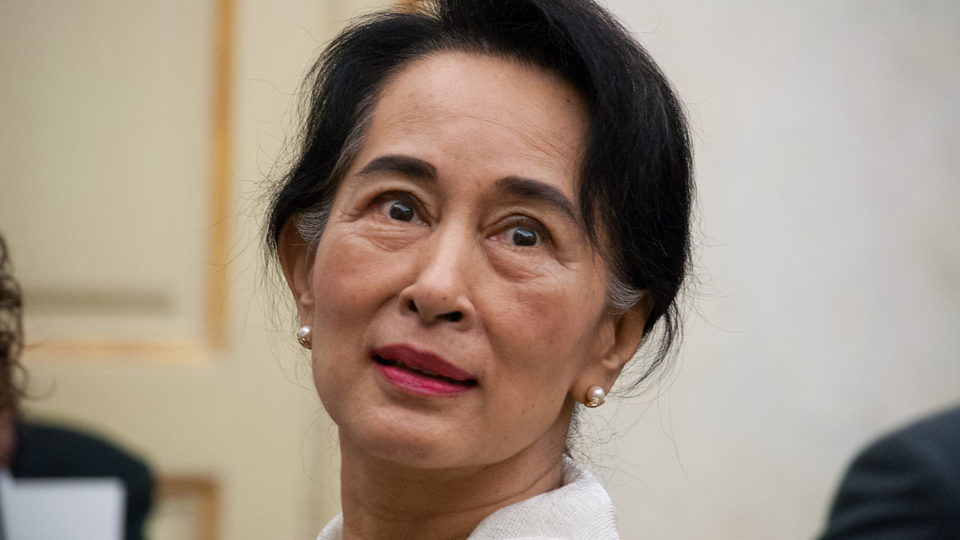Well, to no one’s surprise, the NLD is sticking with their guns and (still) refusing to cooperate with the UN’s fact-finding mission that was appointed earlier this week.
On Tuesday, the UN Human Rights Council named the three-member mission, which will comprise of Indian lawyer Indira Jaising who will also serve as the mission’s chair, Sri Lanka’s former human rights chief Radhika Coomaraswamy, and Australian human rights advocate Christopher Dominic Sidoti.
However, government authorities have reiterated that they will not assist the team — a stance that both State Counsellor Aung San Suu Kyi and Senior General Min Aung Hlaing have publicly taken since the UN approved the formation of such a mission. Suu Kyi stated that a mission of that kind would ‘divide’ the local communities that currently reside in Western Rakhine State, and that the Myanmar government had “disassociated ourselves from the resolution because we do not think that the resolution is in keeping with what is actually happening on the ground.”
Last month, 23 rights groups including the Burma Human Rights Network Refugees International, and Amnesty International signed a letter “strongly encourage[ing] the Myanmar government to fully cooperate with the forthcoming fact-finding mission”.
Speaking to The Irrawaddy this week, NLD spokesperson Zaw Htay stated that they would wait for the final report of the Advisory Commission on Rakhine State headed by Kofi Annan before making any further decisions. Suu Kyi also reconfirmed that she would only take into account the recommendations made by Annan’s commission, who are set to file their final report in August.
An administrator of Maungdaw District, which has a large Rohingya population and was one of the main sites of the army crackdown, told The Irrawaddy: “Why do they need to come? We have not released false information. This is an internal issue of a sovereign country. The UN has no reason at all to form a fact-finding mission.”
The fact-finding mission is expected to present an oral update to the Human Rights Council in September, and a full report in March 2018. If the Myanmar government still refuses to cooperate by the time the mission is deployed, the latter is set to conduct their investigation among the tens of thousands of Rohingya refugees across the border in Bangladesh.




